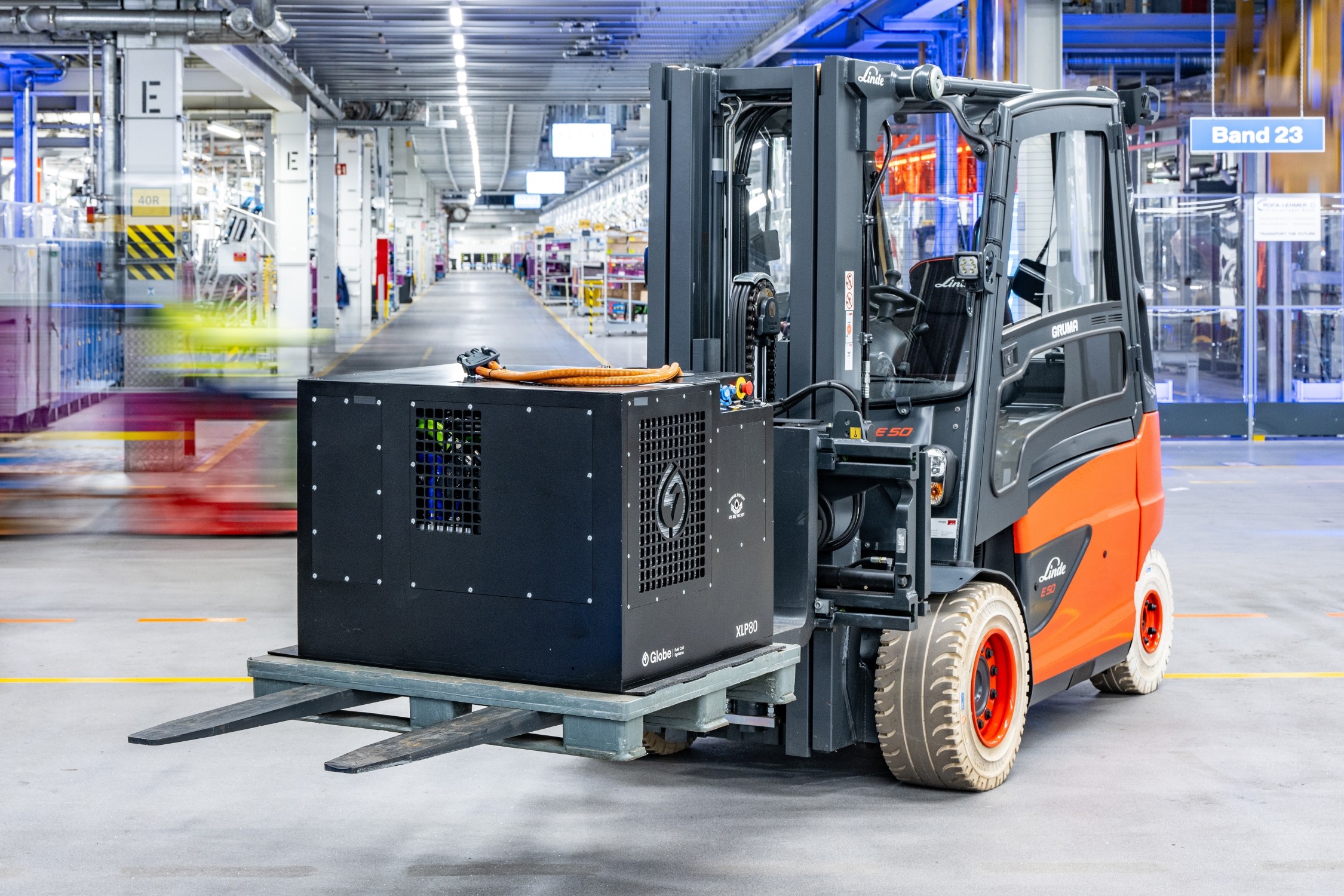BMW Group Plant Regensburg Transitioning to Hydrogen-Powered Logistics for Sustainable Operations
Key Ideas
- BMW Group Plant Regensburg plans to use hydrogen for production logistics by 2026, deploying hydrogen-powered tugger trains and forklift trucks for various tasks.
- The transition aims to optimize logistics processes, save space, and diversify the plant's energy mix, contributing to the vision of a sustainable, digital factory.
- A two-kilometer-long pipeline network with six filling stations will supply hydrogen to the logistics fleet, reducing refueling time and ensuring operational efficiency.
- The project marks a strategic move towards sustainable operations, with an expected annual hydrogen consumption of around 150 tonnes post-conversion by 2030.
BMW Group Plant Regensburg is embarking on a significant transition towards hydrogen-powered logistics to enhance its sustainability efforts. By 2026, the plant plans to deploy hydrogen-powered tugger trains and forklift trucks for various transport and logistics tasks in the press shop, body shop, and assembly. This shift is part of the broader strategy to move towards the BMW iFACTORY, a vision for a digital and sustainable factory of the future. The project, spearheaded by individuals like Armin Ebner and Katharina Radtke, aims to optimize logistics processes, save space, and diversify the energy mix of the plant.
One of the key advantages of hydrogen in this context is its rapid refueling capability, similar to conventional fuels. Filling stations will be strategically placed within different production areas to ensure efficient refueling without occupying significant space. Additionally, a two-kilometer-long pipeline network with six filling stations is set to be installed by early 2026 to supply hydrogen to the logistics fleet. This initiative will enhance operational efficiency and contribute to the plant's sustainable practices.
Currently, the logistics fleet at the Regensburg plant operates on electric drive trains, necessitating battery replacements twice per shift. By transitioning to hydrogen, the plant aims to streamline operations and reduce the time and space required for refueling. The project is expected to be completed in stages by 2030, with an anticipated annual hydrogen consumption of 150 tonnes post-conversion. This strategic move underscores BMW Group Plant Regensburg's commitment to sustainable manufacturing practices and positions it as a leader in integrating hydrogen technology for operational efficiency.
